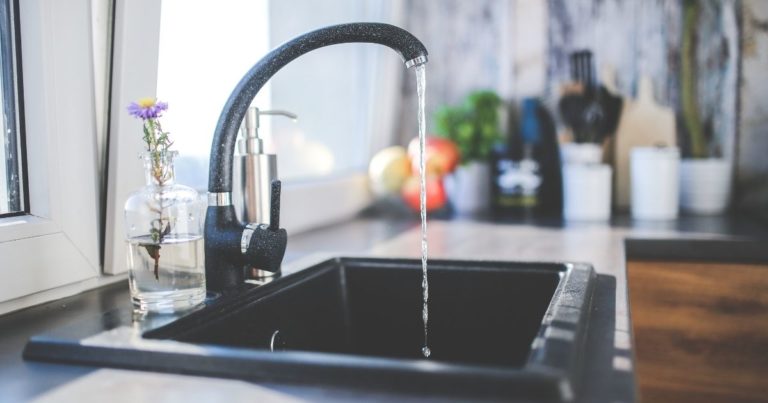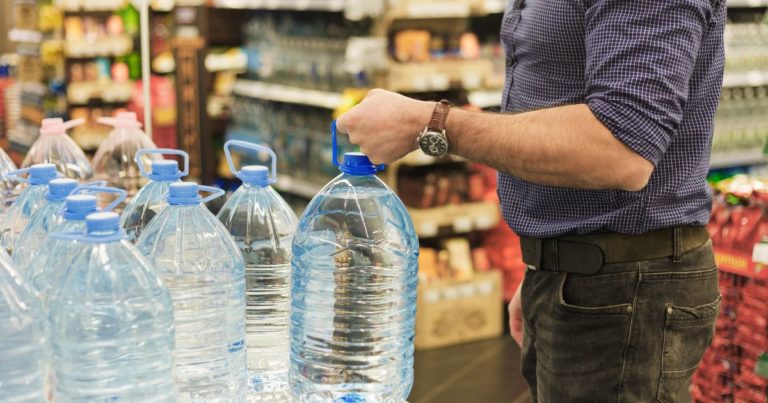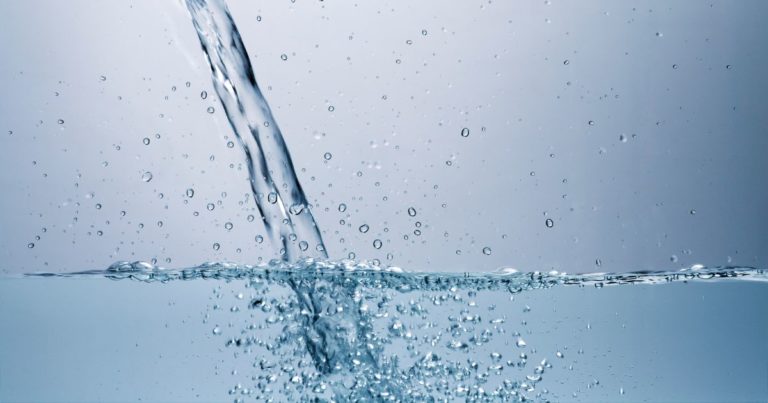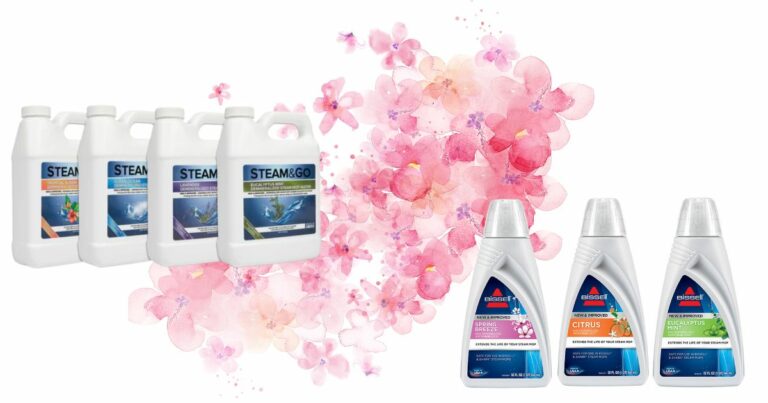Soft Water vs Distilled Water – What is the Difference?
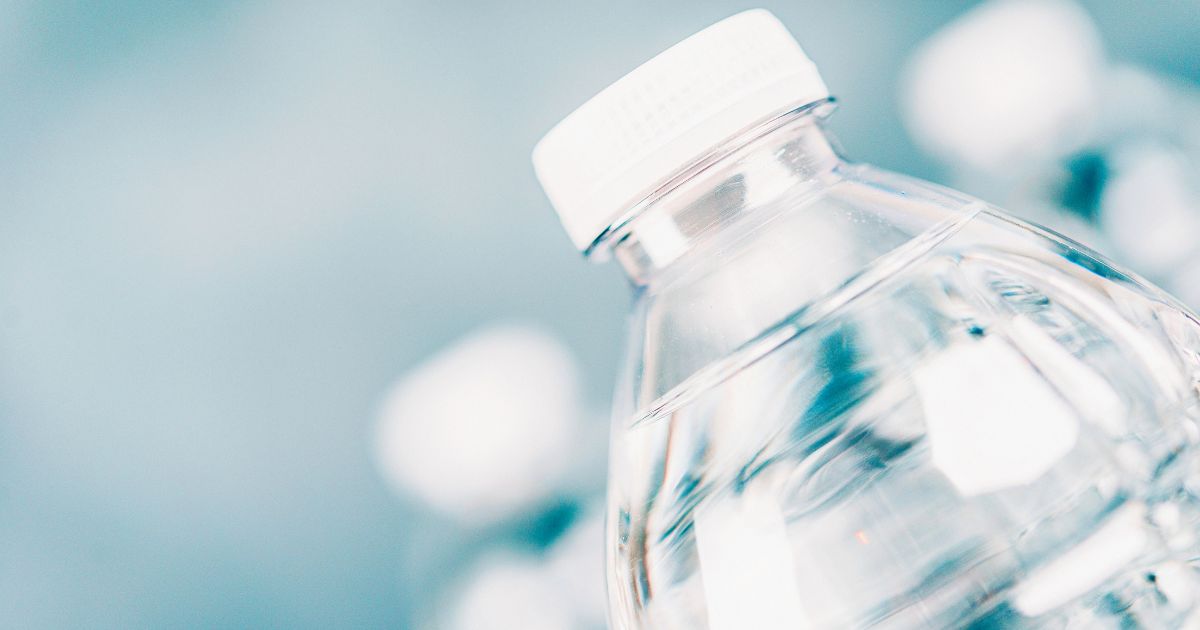
Is soft water distilled water? This is one of the questions most people are not able to answer due to the close similarities between these two types of water.
Water softening and distillation processes involve the removal of minerals to make the water safer to use. So, what’s the difference between soft water vs distilled water? Let’s find out.
What is Soft Water?
According to Britannica, soft water is:
…free from dissolved salts of such metals as calcium, iron, or magnesium, which form insoluble deposits such as appear as scale in boilers or soap curds in bathtubs and laundry equipment.
For water to be considered soft, it needs to have a mineral content of magnesium and calcium that is less than 17 parts per million.
This means that soft water isn’t 100% free of minerals, it just has less of them than hard water.
What is Hard Water?

Hard water contains high levels of mineral ions which include calcium and magnesium. According to Webmd, 85% of the water supply in the USA is hard. Yikes! No wonder people complain their steamers stop working quickly when they use tap water.
Hard water is defined as more than 120 parts per million of calcium and magnesium. You can also have moderately hard water, (from 60 parts per million) and slightly hard water, (from 17 parts per million and above).
Calcium and magnesium are beneficial for our bodies, but not for our steamers. These minerals also cause build up and clogging of internal components, which eventually cause poor steam output and the steamer to stop working.
How to Tell Hard Water vs Soft Water
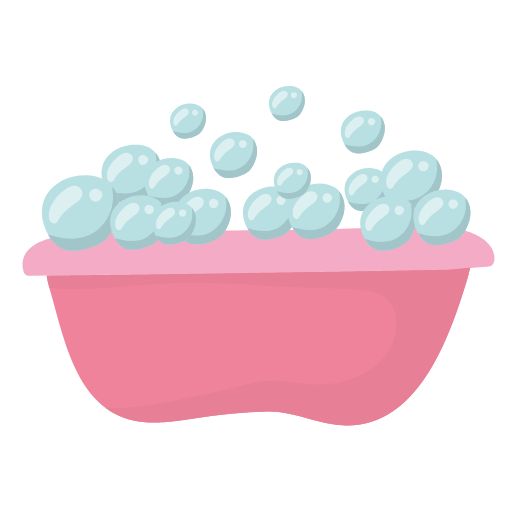
To make hard water safer to use, it is normally treated using various systems to remove excess minerals. Once these minerals are removed, it becomes soft water. It is safer and better to use than hard water, but in your steaming appliance, not as good as distilled water.
Since it is not easy to determine whether the water that comes to your tap is soft or hard, you can do the following tests to confirm.
- Buy a test kit such as the Watersafe Premium Drinking Water test kit or a total dissolved solids meter which can be used again and again. I’d recommend this Digital TDS Meter which is around $15.
- Visual check – Another method of determining water hardness is by checking whether there is a build-up of a white or chalky substance around your bathtubs, faucets, shower heads, sinks, etc. This is normally caused by hard water.
- Soap method – Hard water contains high levels of minerals. When they come into contact with soap, a chemical reaction happens and it prevents the soap from foaming lather. To test this, you can try lathering your skin using soap. If your water is hard, the soap will stick on your skin but if it is soft water, bubbles will appear.
What are the Benefits of Soft Water?
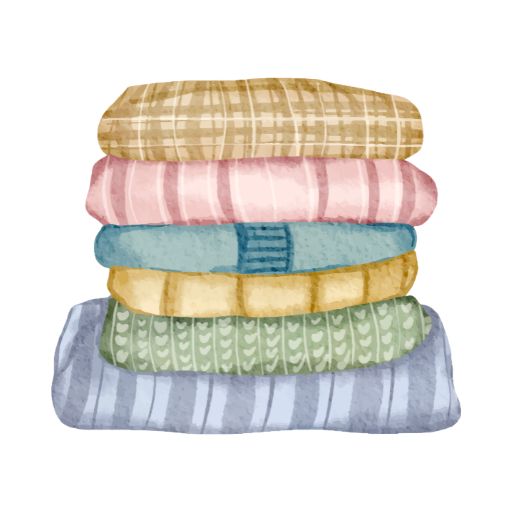
The major advantages of soft water include:
- Protects your plumbing fixtures and appliances – Hard water causes your plumbing systems and appliances to clog due to the accumulation of excess minerals. It also contains foreign contaminants which might destroy your plumbing fixtures. Therefore, soft water saves the maintenance cost you would incur to repair broken pipes or fixtures.
- Extends the durability of your home appliances – High levels of minerals may cause serious damage to your appliances such as laundry machines, coffee makers, kettles, dishwashers, etc. Therefore, soft water extends the durability of these appliances since it doesn’t have any effects.
- Effective in cleaning – Since hard water is full of foreign substances, it is not very effective for cleaning. When washing clothes or doing other forms of cleaning, it prevents the formation of lather making it difficult to use when cleaning. It may also leave some tough stains on your clothes when washing. Using soft water will give you excellent results since it allows lather to form easily. As a result, you won’t need to use a lot of soap or cleaning detergents like when using hard water.
- Softens your skin and hair – Hard water makes it difficult for soaps or shampoos to work effectively when bathing. This is because calcium and magnesium react with soaps to form a nasty film. However, soft water prevents this which gives you smooth and healthy skin when bathing.
- It gets hot quickly – Another benefit of soft water is that it gets hot faster than hard water. This saves your time and it also reduces your electricity bills since you don’t need to use your heating appliances for a long time.
What is Distilled Water?
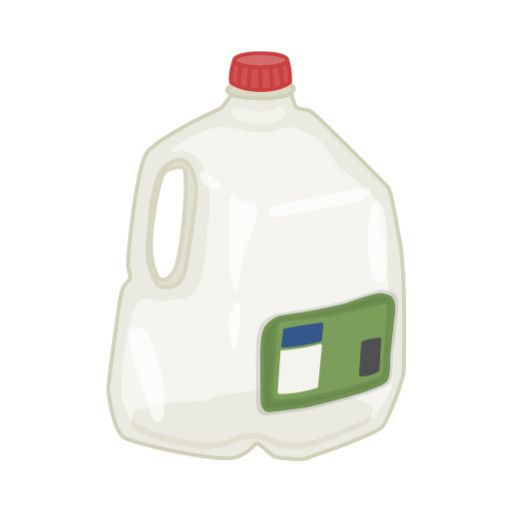
Distilled water is steam, condensed back into liquid form. Distilled water is the purest form of water and free from minerals such as calcium, magnesium and sodium which cause scale build up and clogging of your steam appliances over time.
What are the advantages of distilled water?
The major benefit of distilled water is that it doesn’t have dangerous contaminants such as protozoa, bacteria, viruses, heavy metals, inorganic and organic chemicals, etc.
Unlike soft water which has some minerals, distilled water is pure water meaning that it has no other elements.
You can use it for different purposes like in medical devices, steam irons, steam cleaners, cooling systems, watering plants, and laboratory experiments among other uses.
Distilled water will not cause any build up, corrosion, or clogging of your steamer, which is why most steamer manufacturers recommend using this.
Soft Water vs Distilled Water – What is the Difference?
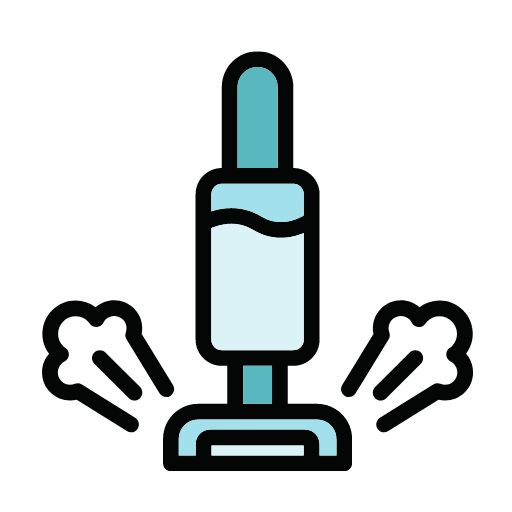
The main difference between soft water vs distilled water is the mineral content. Distilled water has had all minerals, contaminants and inorganic particles removed. Softened water has had excess calcium and magnesium removed, but may still contain some of these minerals.
When considering soft water vs distilled water for your steam cleaner, clothing steamer or other steam generating appliance, distilled water is always the best choice. If you cannot get distilled water, you can substitute distilled water with demineralized or deionized water.
What are the Effects of Hard Water?
Accumulation of magnesium and calcium in water has the following effects:
- Hard water leaves some white spots on your glassware or dishes when you remove them from a dishwasher.
- Leads to scale buildup on your plumbing fixtures shower heads, dishwasher, coffee pots and faucets.
- Leaves your hair and skin dry after bathing.
- It can cause your clothes to fade.
How is Hard Water Softened?
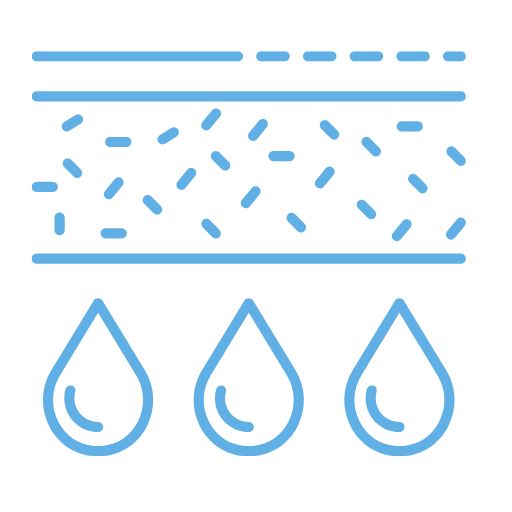
You can soften hard water using appliances known as water softeners. These units can remove magnesium and calcium ions to turn hard water into soft water. They are available in 4 different types which include;
- Salt-based water softeners– Salt-based water softeners are the most common. They normally have a salt tank and a mineral tank with resin beads. These beads remove excess minerals as water passes through them. This process also depletes the resin beads which means that you need to flush the system frequently using a process known as regeneration.
- Dual-tank water softener– These machines contain two mineral tanks and a standard salt tank. They are very effective in softening water although they are a bit bulky.
- Purification system– As compared to other water softeners, this one is a bit different. It forces water through a semi-permeable membrane at very high pressure. As the water passes through the membrane, excess minerals, nitrates and particles such as metals are removed.
- Salt-water-free softeners – These machines are normally descalers and not real water softeners. Instead of using sodium, they use potassium salts to remove mineral ions. Compared to the ion-exchange water softeners, these are less effective.
Frequently asked questions
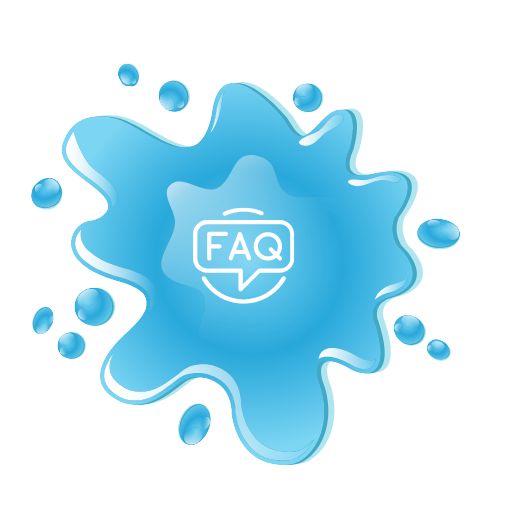
Is tap water soft water?
Tap water can be hard or soft depending on the source. If you are in the US, over 85% of tap water is hard water. Testing your tap water can determine the hardness of it.
Is spring water soft water?
Spring water comes from underground and carries a lot of minerals from rocks. It is usually hard water since it has a high concentration of calcium and magnesium.
Is purified water soft water?
Water purification and water softening processes involve the removal of minerals from water. However, water softeners focus mainly on the removal of calcium and magnesium from water while water purifiers remove dangerous contaminants through filters. During water purification, water goes through different filters which target specific water pollutants.
Can you distill softened water?
You can distill softened water to remove sodium, potassium, gases and other contaminants, as well as the small amount of calcium and magnesium found in softened water. Our tutorial on how to distill water at home will show you how.
Can you use soft water in a steamer?
You should only use distilled water in steamers since it is pure water. Soft water will still have some minerals present which could cause your steamer to clog. If you cannot get distilled water, try demineralized water instead.
Is soft water the same as deionized water?
Soft water, deionized and demineralized water refers to water that has a low concentration of dissolved minerals. Mostly, water softeners only remove magnesium and calcium ions.
What is the difference between soft and hard water?
The main difference between these types of water is that hard water has a higher concentration of magnesium and calcium. These excess minerals have some negative effects on your plumbing fixtures and appliances meaning that they have to be removed. Softening water involves removing these minerals by using water softening systems.
Soft Water vs Distilled Water – Which Should I Choose?
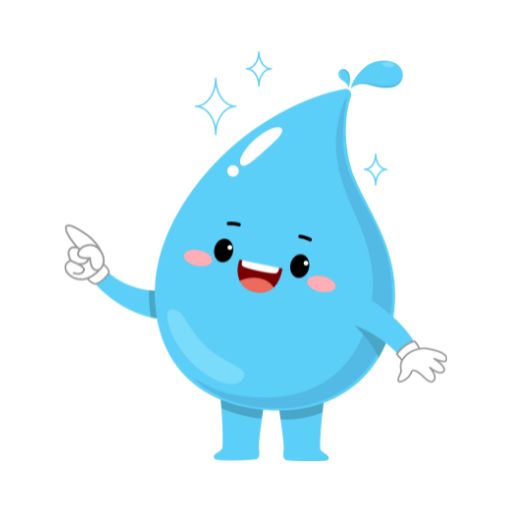
As we established above, over 85% of tap water in the US is hard water. It has high concentrations of dissolved minerals, chemicals and other contaminants. It is important you do a test of its hardness since hard water may cause clogging of shower heads, sinks or plumbing systems.
It may also damage your appliances such as dishwashers, kettles, instant gas hot water systems, and any other appliance that regularly feeds hard water through it.
Many home owners choose to invest in a water softener to protect appliances and plumbing fixtures from the effects of hard water. There are different types of water softeners but whole-house water softeners are the most effective.
When it comes to your steam mop, clothing steamer, steam cleaner, humidifier, or any other steam generating appliance, distilled water should be your first choice.
Most people assume that softened water is the same as distilled water. However, this is not the case. Water softening only helps to remove calcium and magnesium. On the other hand, distilled water is free from minerals, contaminants and any other elements.

